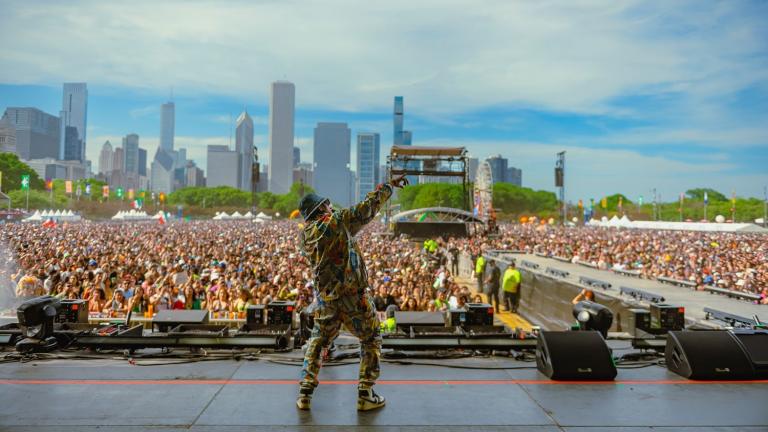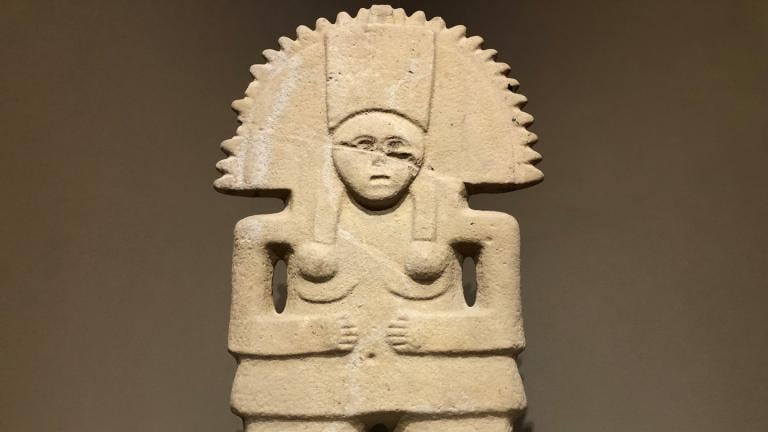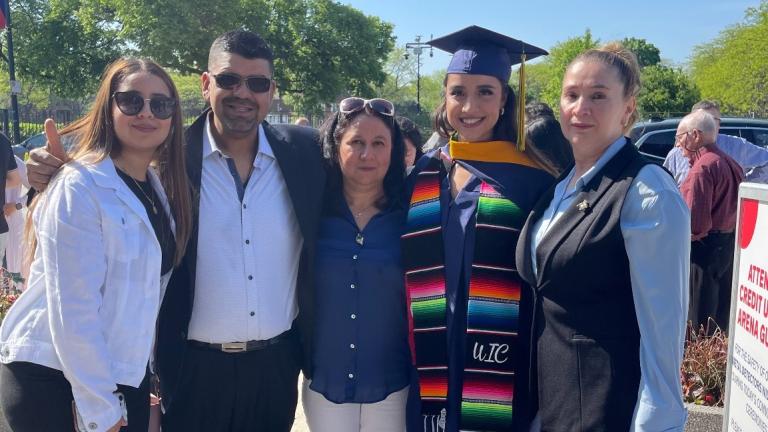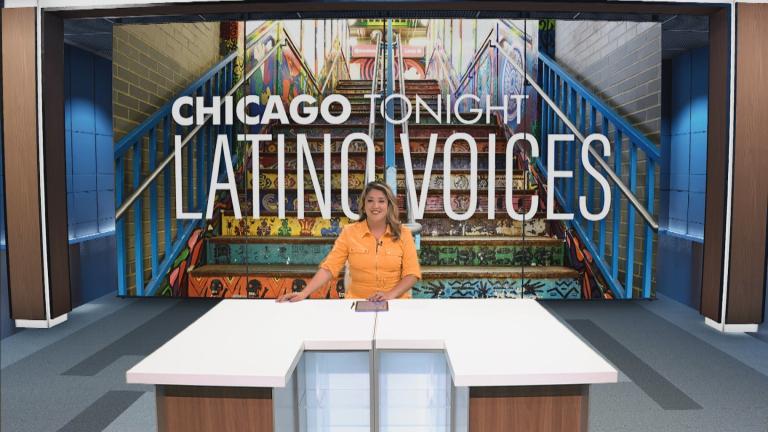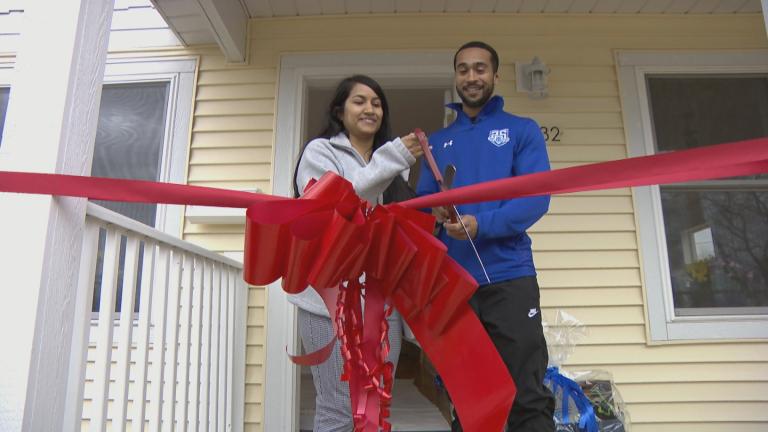Mental health struggles can play a big role in a gun violence survivor’s recovery, but navigating that journey isn’t the same for everyone.
Finding the right care can be difficult, and often involves unpacking complex trauma.
Despite the challenges, mental health professionals say getting the right care for everyone involved is key — not only for healing, but also for stopping future violence.
Edwin Martinez, co-founder and executive director of Centro Sanar, a center dedicated to addressing the impact of violence and trauma on the city’s Southwest Side, says trauma does not occur as a single moment.
“It’s a complex history, not only from your childhood but also from your adulthood,” Martinez said. “Oftentimes, what we find is that people that have been impacted by homicide, as an example, this is not the first adverse child experience. It’s not the first trauma.”
He said this informs his organization’s long-term approach to mental health care. They aim to meet people in their communities and build trust.
Arturo Carrillo, deputy director of health and violence prevention at the Brighton Park Neighborhood Council, said although some people are hesitant to seek out help, the biggest barrier is a lack of access to resources.
“We need to build a lasting infrastructure,” Carrillo said, “One that doesn’t only rely on nonprofits, but instead can have the public mental health centers which can create spaces for healing and for ongoing support. We want to provide the care in real time before crises escalate.”
A Safer City is supported, in part, by the Sue Ling Gin Foundation Initiative for Reducing Violence in Chicago.

